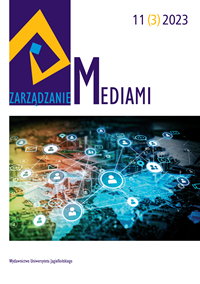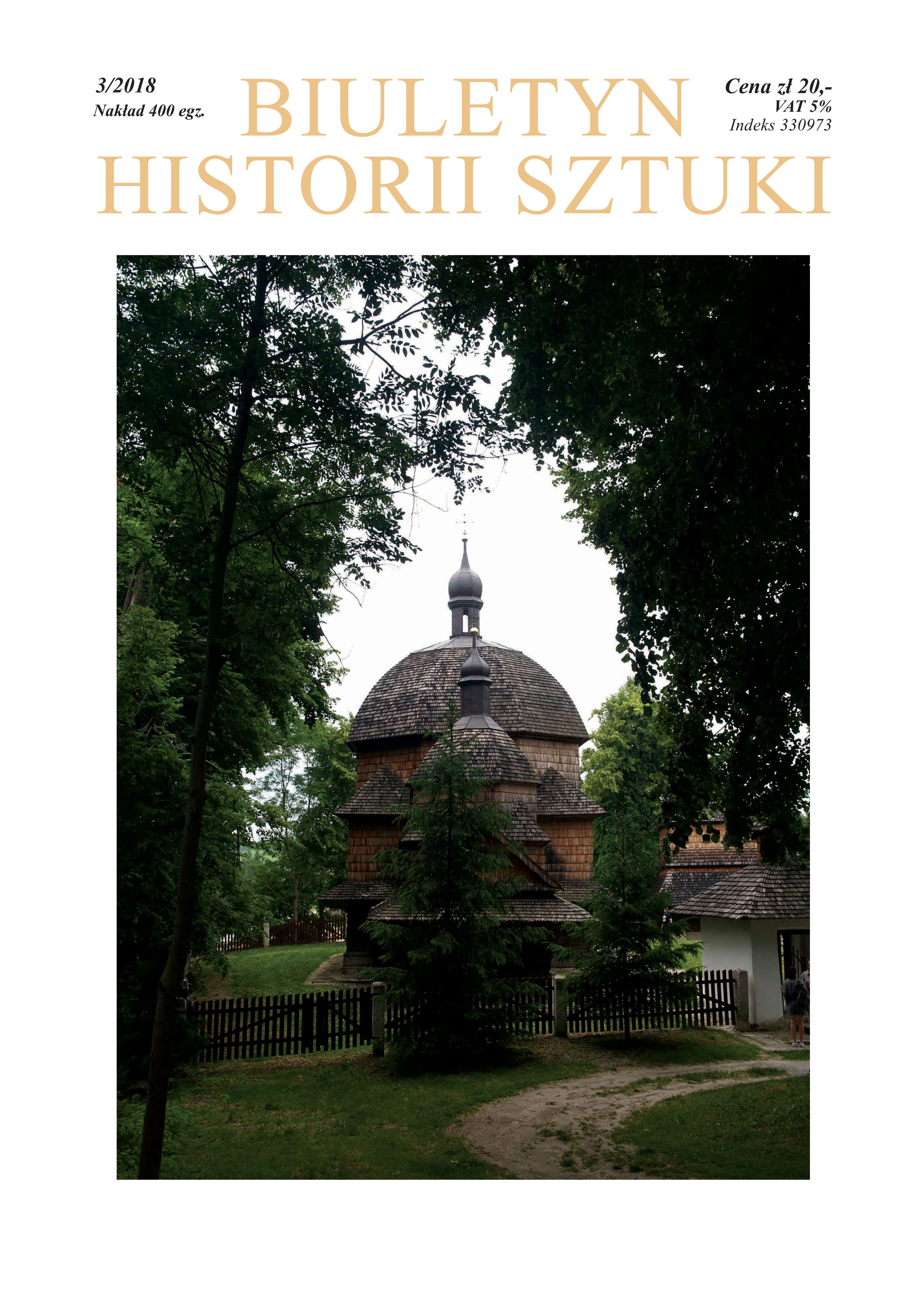
We kindly inform you that, as long as the subject affiliation of our 300.000+ articles is in progress, you might get unsufficient or no results on your third level or second level search. In this case, please broaden your search criteria.


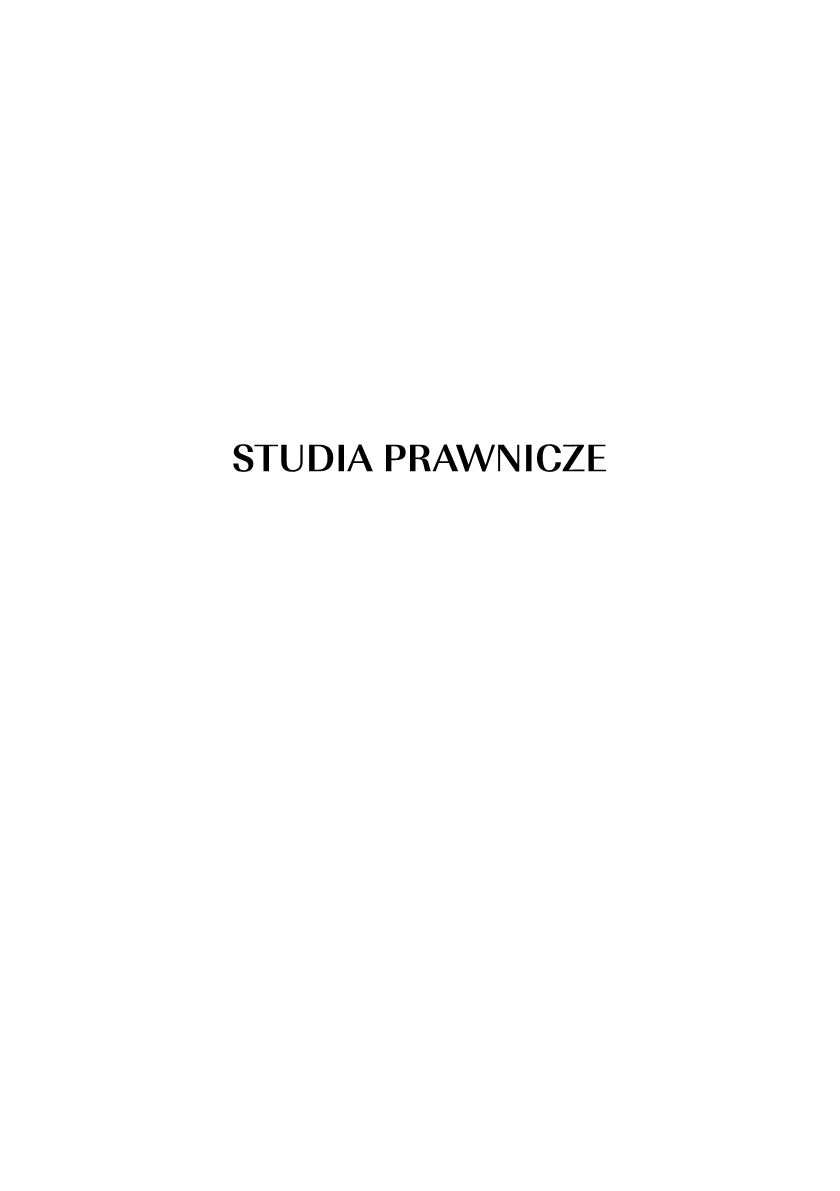
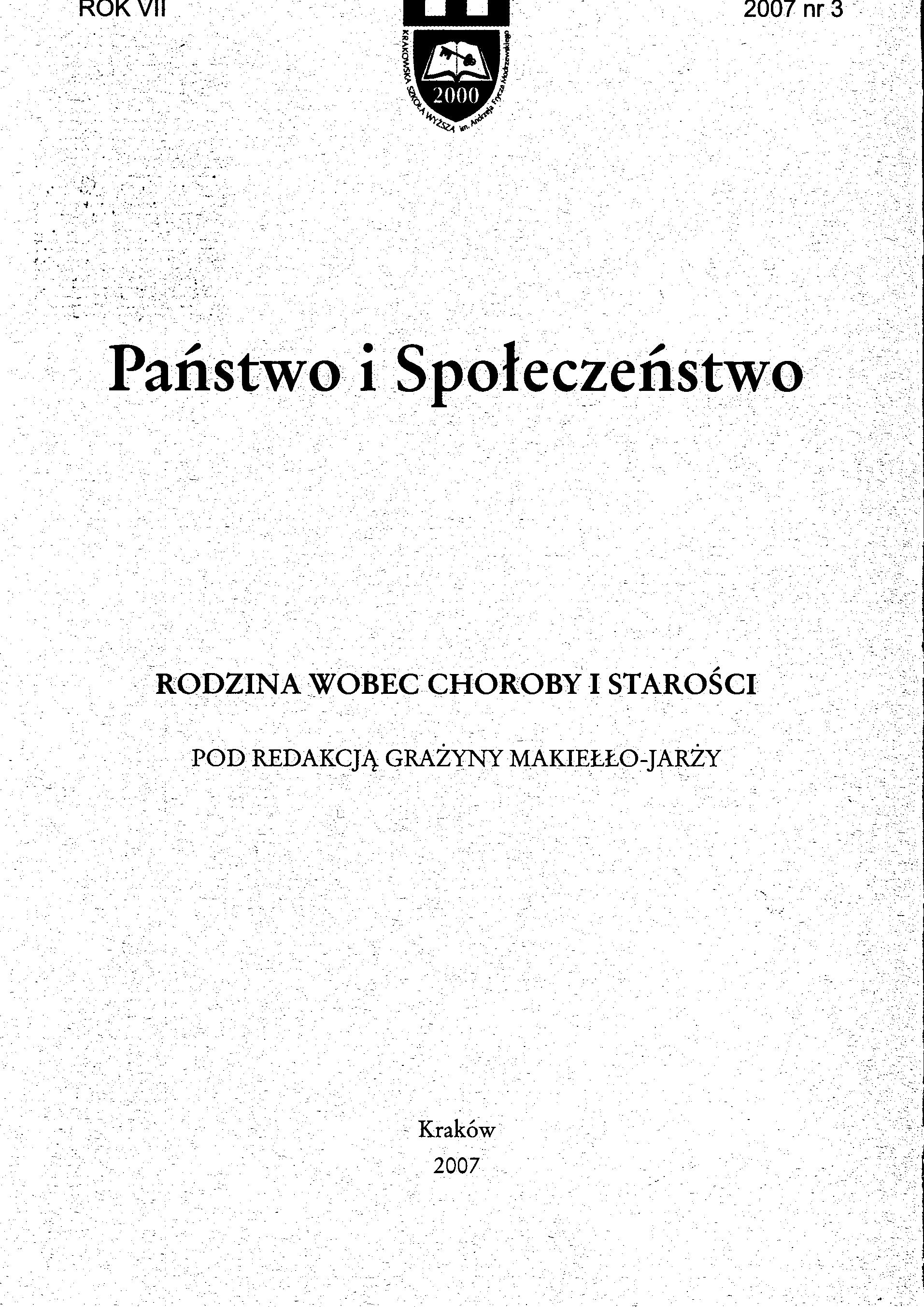
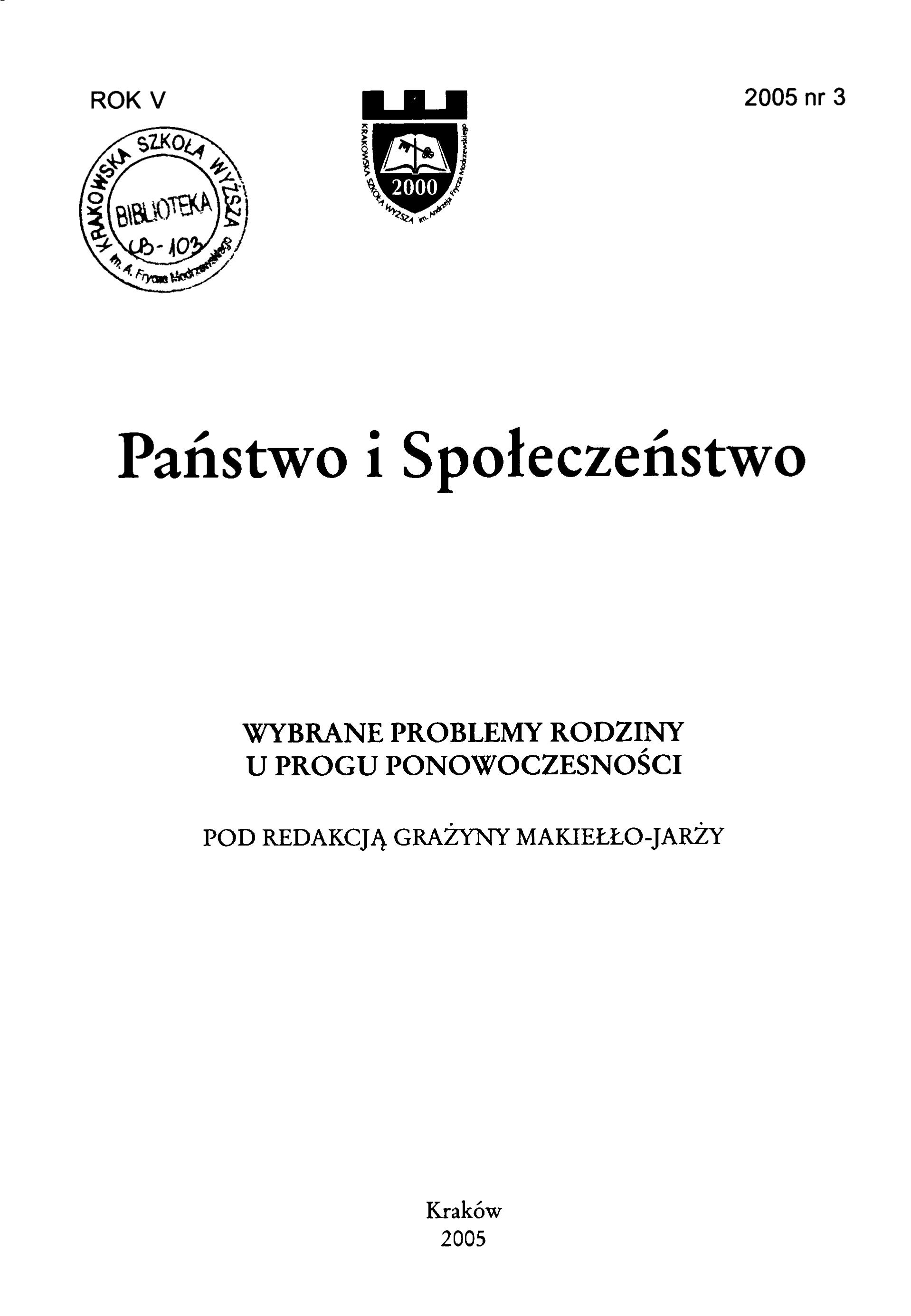
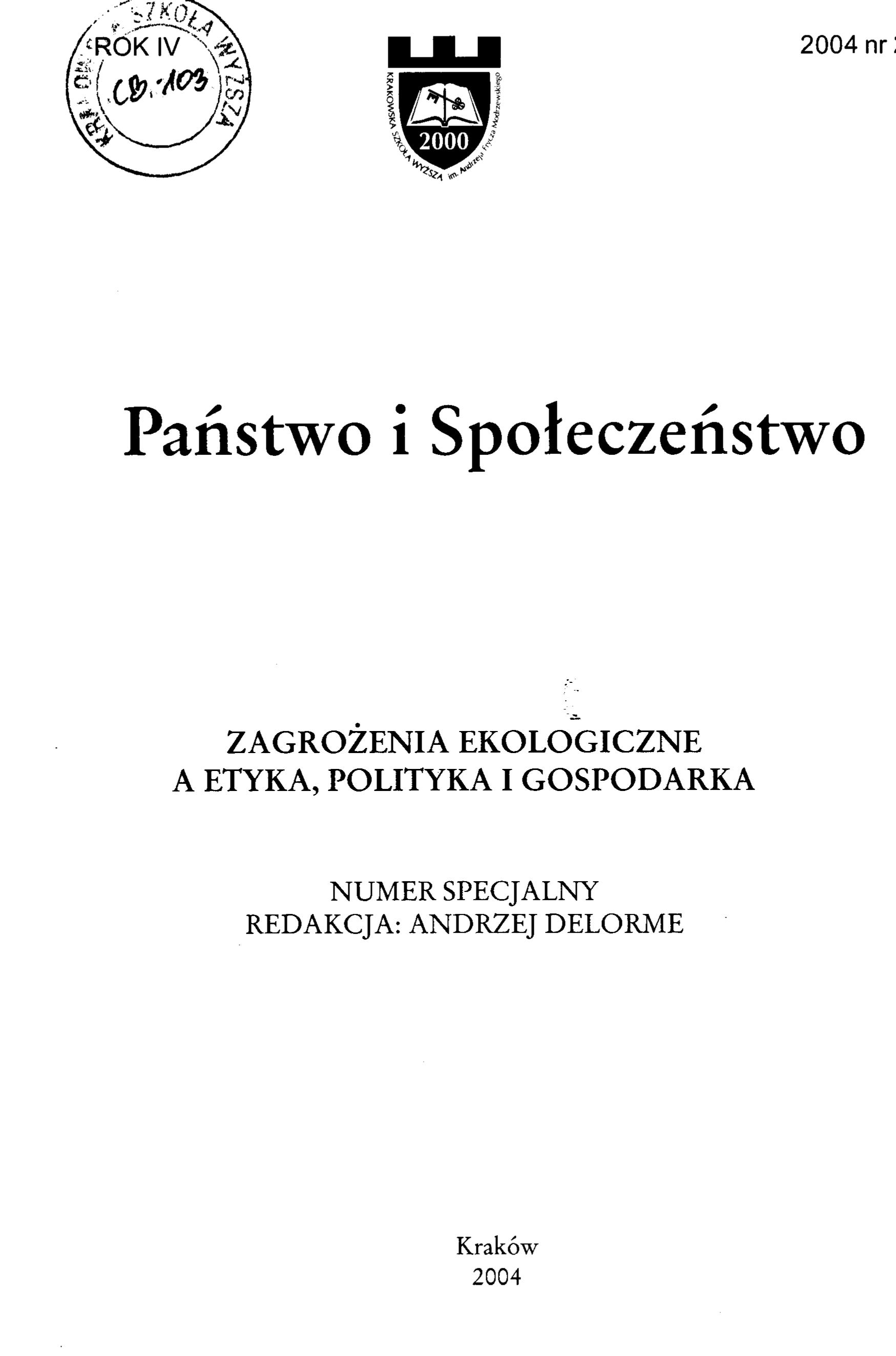
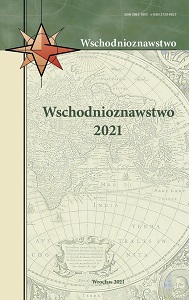
Uwolnienie się od dominacji imperium radzieckiego przez państwa Europy Wschodniej, Kaukazu Południowego oraz Azji Centralnej na początku lat 90. XX w. miało istotny wpływ na relacje międzynarodowe, jak i na kwestie bezpieczeństwa w wymiarze regionalnym i globalnym.
More...
Proces przemian politycznych i społeczno-ekonomicznych w Europie Środkowej i ich konsekwencje można analizować na wielu płaszczyznach i z wielu perspektyw. W niniejszym dziale pochylono się nad jedną z nich, a mianowicie nad perspektywą obywatelską i rolą obywateli w kształtowaniu przestrzeni lokalnej i politycznej.
More...
Niniejszy dział „Wschodnioznawstwa” został poświęcony zagadnieniom dotyczącym obszaru postjugosłowiańskiego. W 2021 r. przypada trzydziesta rocznica rozpadu Socjalistycznej Federacyjnej Republiki Jugosławii (SFRJ), która poprzez swój burzliwy przebieg i konsekwencje rzutuje na sytuację obecną oraz przyszłość regionu. W wyniku jej podziału powstało siedem państw.
More...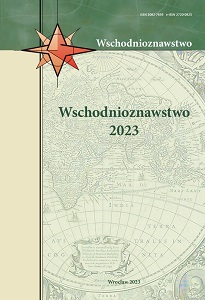
Głównym zadaniem naukowym, które stało przed autorami tego działu, była analiza dynamiki polityki zagranicznej państw postsowieckich w warunkach rozległej rosyjskiej agresji na Ukrainę. Agresja Kremla, która uderzyła w cały świat swym bezsensownym okrucieństwem, stała się poważnym wyzwaniem dla państw powstałych po rozpadzie Związku Radzieckiego. Należy przyznać, że ich zależność gospodarcza i polityczna od Rosji, w tym członkostwo w tzw. stowarzyszeniach integracyjnych (Eurazjatycka Unia Gospodarcza i Organizacja Układu o Bezpieczeństwie Zbiorowym), powstrzymywały rządy tych krajów przed jawnym i jednoznacznym potępieniem rosyjskiej agresji.
More...
Nie ulega chyba wątpliwości, że na przełomie ostatniego półwiecza pozycja Chin w ramach systemu międzynarodowego zmieniła się w sposób godny szerszej naukowej uwagi. Choć jeszcze na początku lat 90. XX w. Chińska Republika Ludowa (ChRL) była dziesiątą gospodarką świata, to w 2009 r. już drugą. Jednocześnie Państwo Środka szybko stało się kluczowym uczestnikiem globalnej wymiany handlowej – w 1992 r. chiński import wart był ok. 80 mld USD, zaś w roku 2021 zbliżył się już do poziomu 2,7 bln USD.
More...
Współczesny świat nie jest wolny od konfliktów o podłożu wyznaniowym i narodowościowym. Każdy dzień pokazuje nam, że spośród różnych rodzajów konfliktów kulturowych, szerokiej kategorii sporów międzygrupowych, obejmującej również te o charakterze rasowym, regionalnym, ideologicznym czy związanych ze stylem życia, właśnie oparte na religii i etniczności są najbardziej powszechne i żywotne. Są one przede wszystkim immamentnym elementem społeczeństw heterogenicznych, w których od stuleci zamieszkują mniejszości, ale poprzez proces umiędzynarodowienia mogą dotknąć również te o dość jednolitej strukturze.
More...
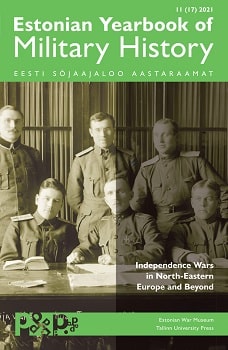
At the end of May 2019, the Estonian War Museum – General Laidoner Museum and Estonian Military Adademy organised the conference Independence Wars in North-Eastern Europe and Beyond in Tartu. The conference commemorated the 100th anniversary of the Estonian War of Independence. In addition to Estonia, several other nations were fighting their wars of independence at the same time, but the majority of them were unable to break away from the crumbling empires and establish national statehood. First and foremost, Soviet Russia, the successor of tsarist Russia, was able to consolidate itself after a bloody civil war, but in doing so releasing its grip on the Baltic countries, Finland and Poland.
More...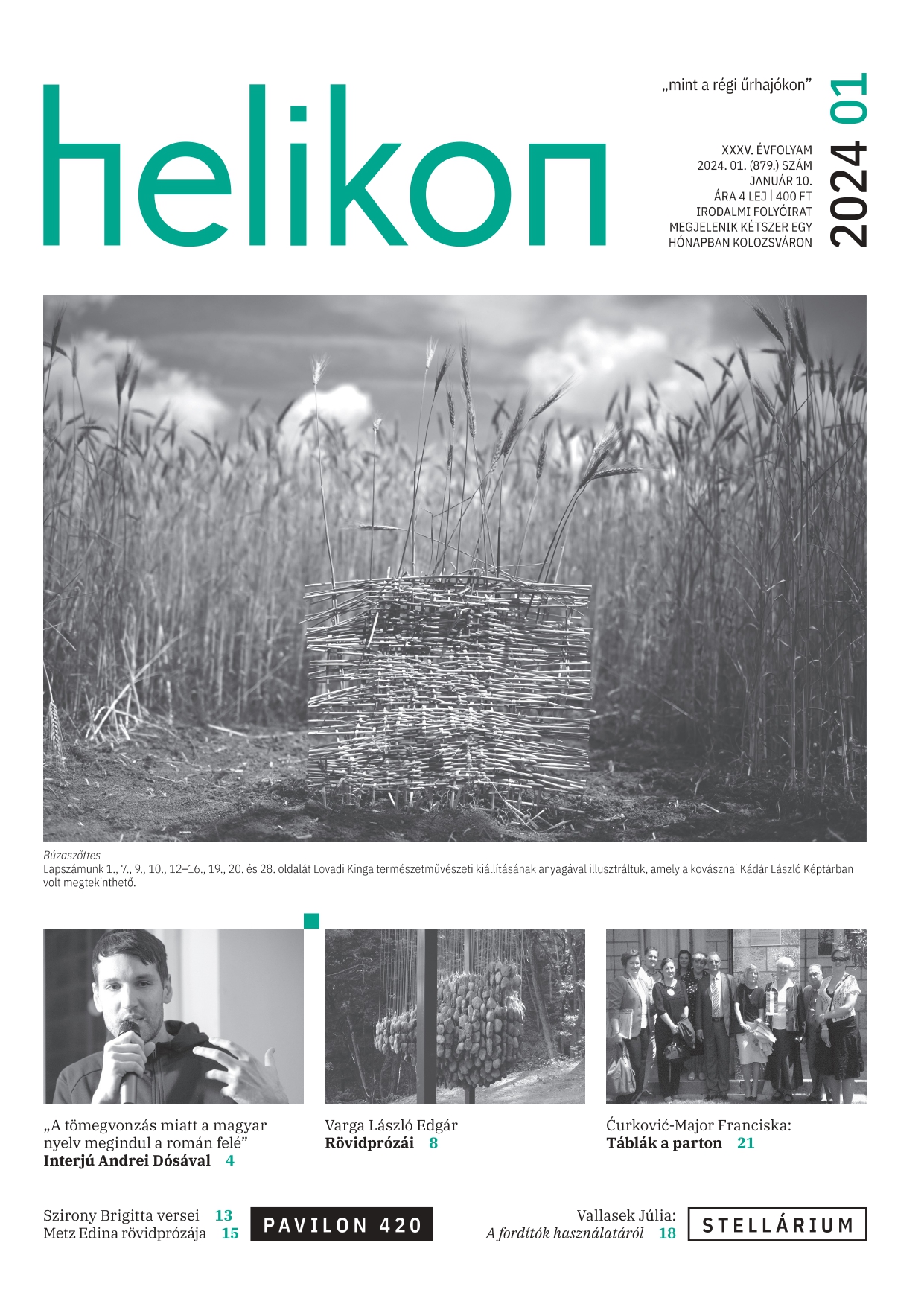
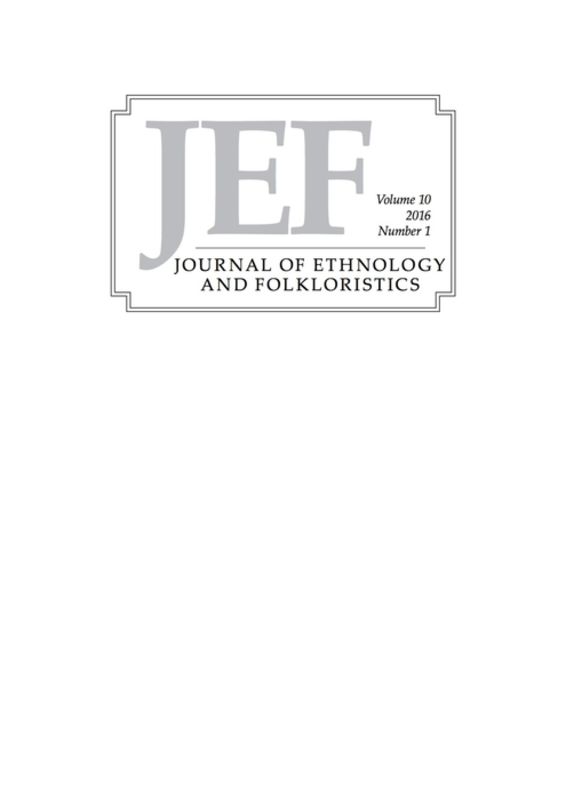
This special issue addresses the religion of the Finno-Ugric peoples, with a specific focus on animist religiosity and its contemporary expression in Finno-Ugric societies.* This is a subject that has recently featured prominently in significant forums, and this collection of papers is particularly influenced by discussions at two major conferences: the Congress of the European Association for the Study of Religions (EASR) in Cork in June 2022, and the Finno-Ugric Congress (CIFU XIII) in Vienna in August 2022. The contributions are based on reports presented at these events, in panels organised by the editors.
More...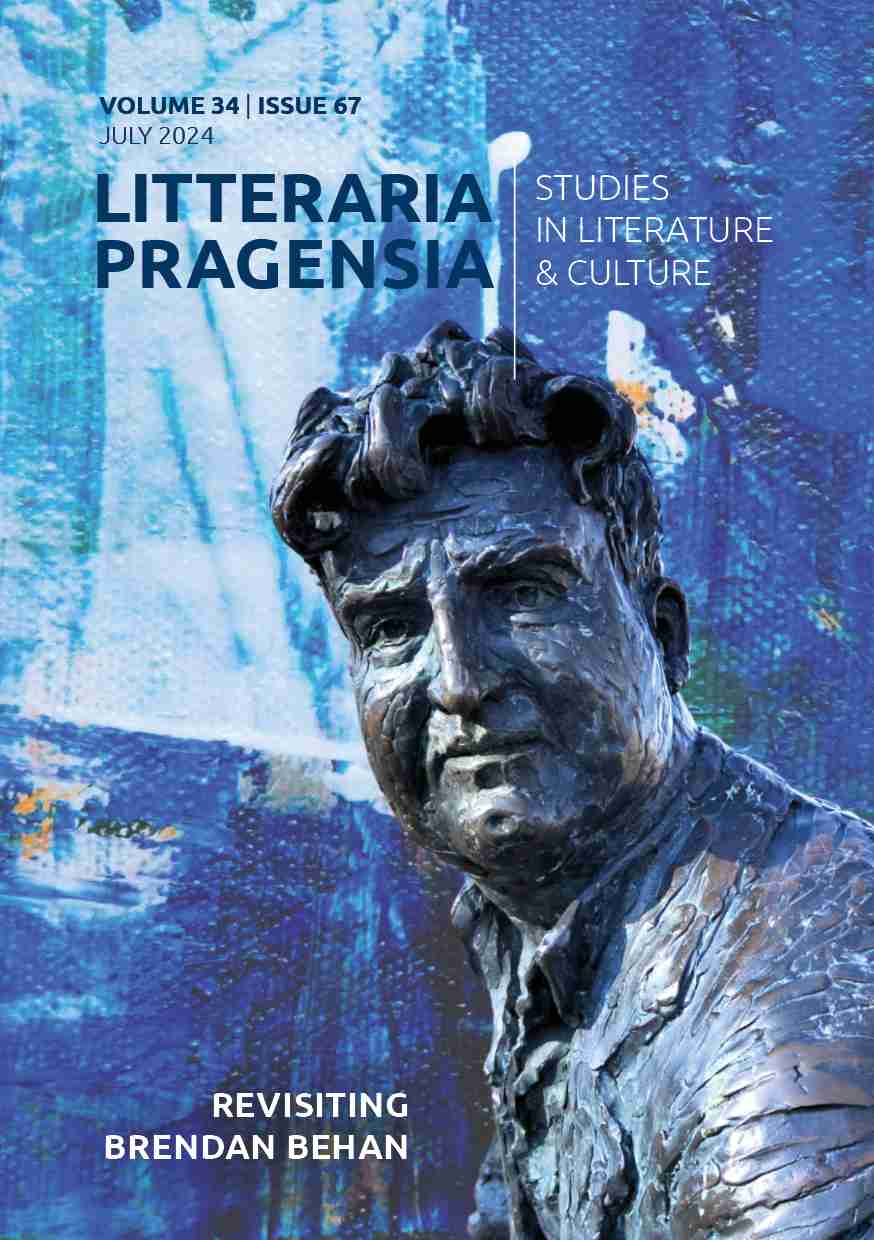
Between 1951 and 1956, Brendan Behan published more than one hundred articles in The Irish Press newspaper, which have now been collected into a single volume, A Bit of a Writer: Brendan Behan’s Collected Short Prose. The collection augments the critical appreciation of Behan’s talents as a writer, but it also raises important questions for the late modernist period of writing, about the relationship between “Literature,” as a distinct and valued art form, and writing for newspapers, which is often regarded as ephemeral or minor work. This essay examines some of Behan’s own reflections and characterisations of this relationship between literature and the newspapers in his writing.
More...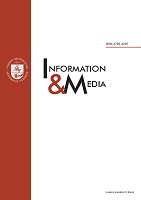
This paper provides an introduction to the special issue on expressions of information and communication theory and practice. It surveys each paper, identifies commonalities and dissimilarities among them, and suggests the potential readership for the papers based on the problems addressed and the findings.
More...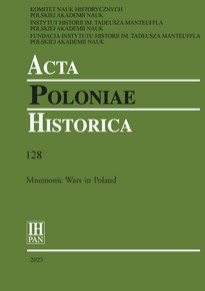
In this special issue of Acta Poloniae Historica, we look at mnemonic wars in Poland from comparative and transnational perspectives. While the mnemonic wars are a global phenomenon, Poland is an interesting laboratory of their specificities in Eastern Europe, a region that has undergone multiple transformations in the last decades. The last thirty years have brought changes in political regimes and economic systems, shifts in international safety networks, sudden social dislocations, and migration waves.
More...